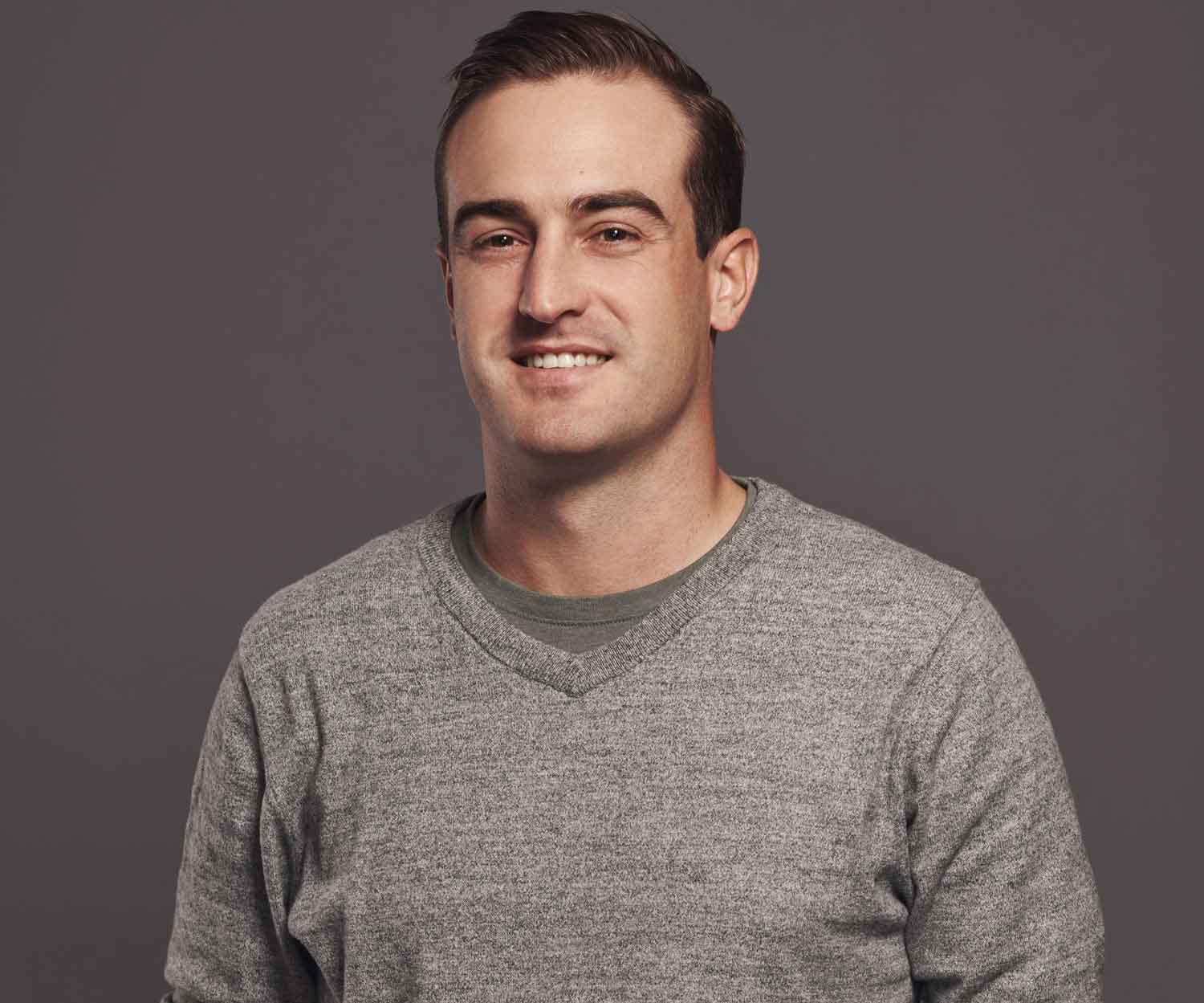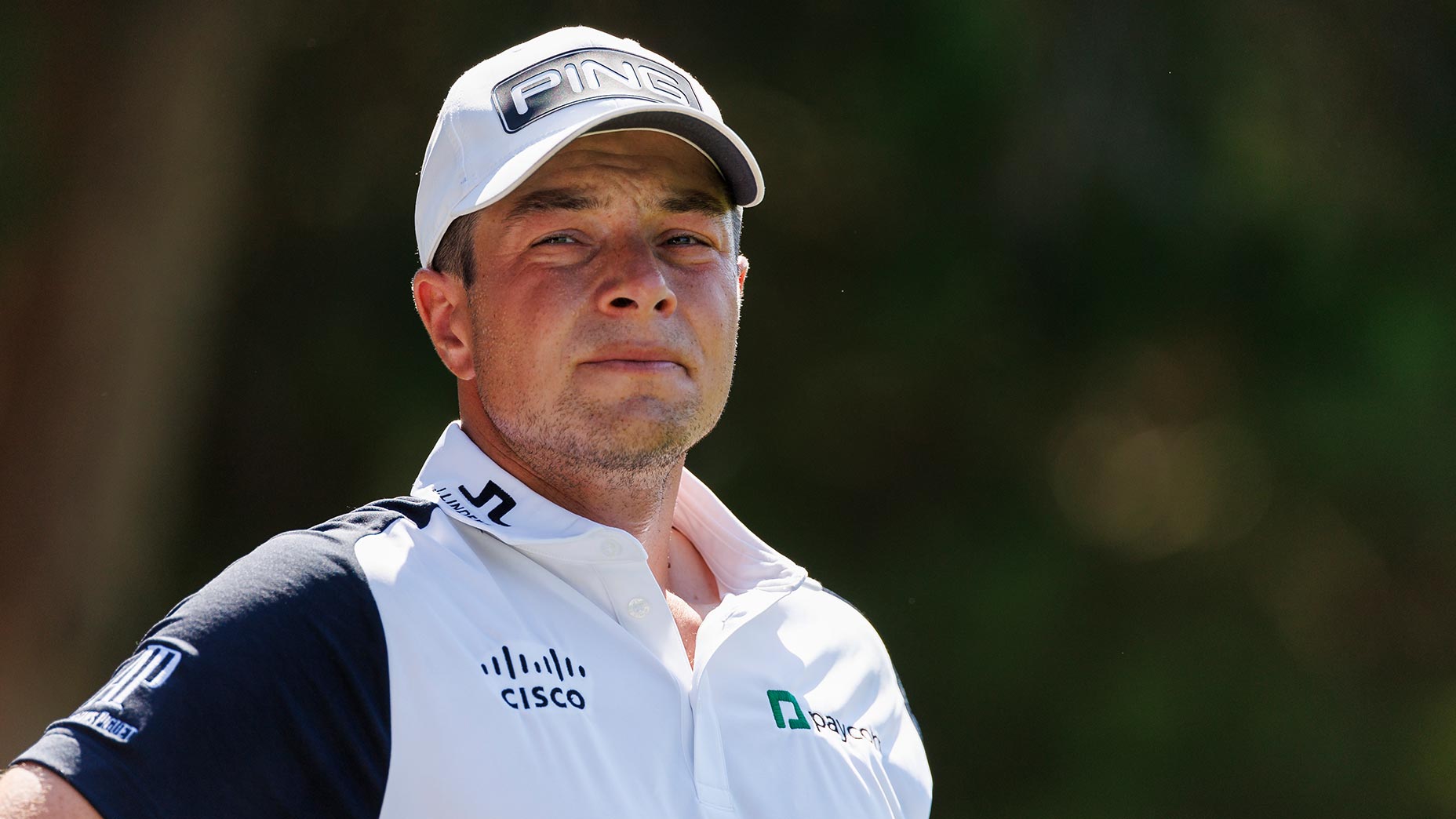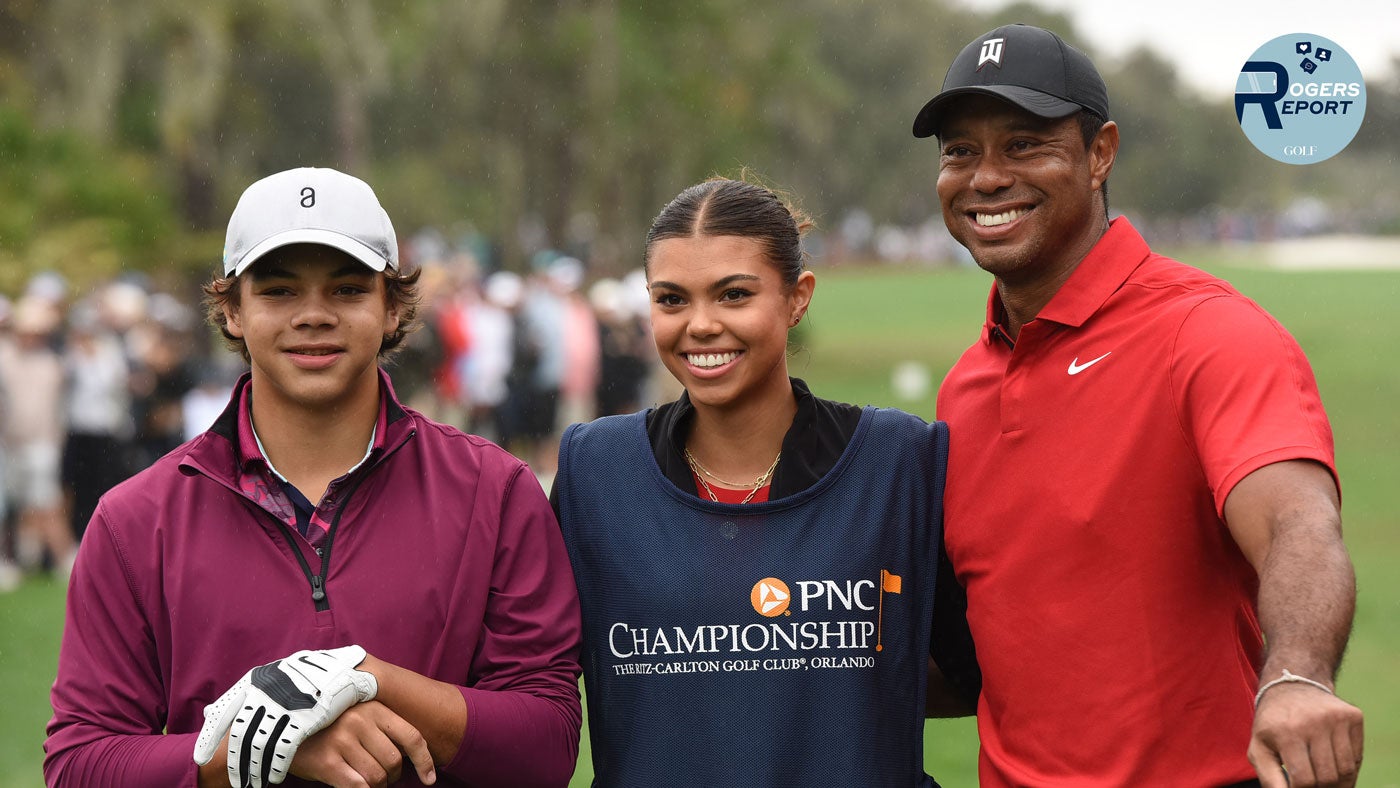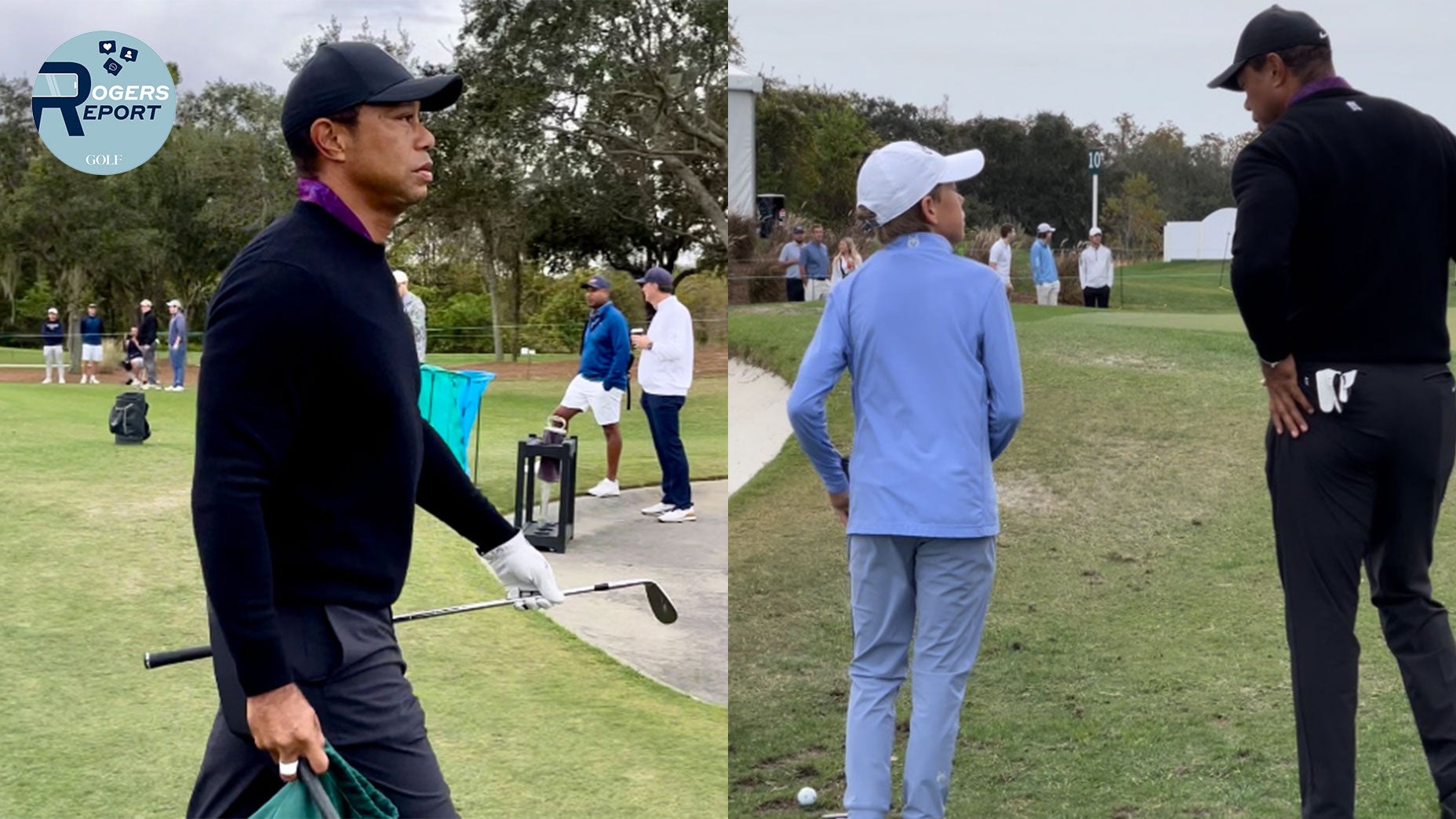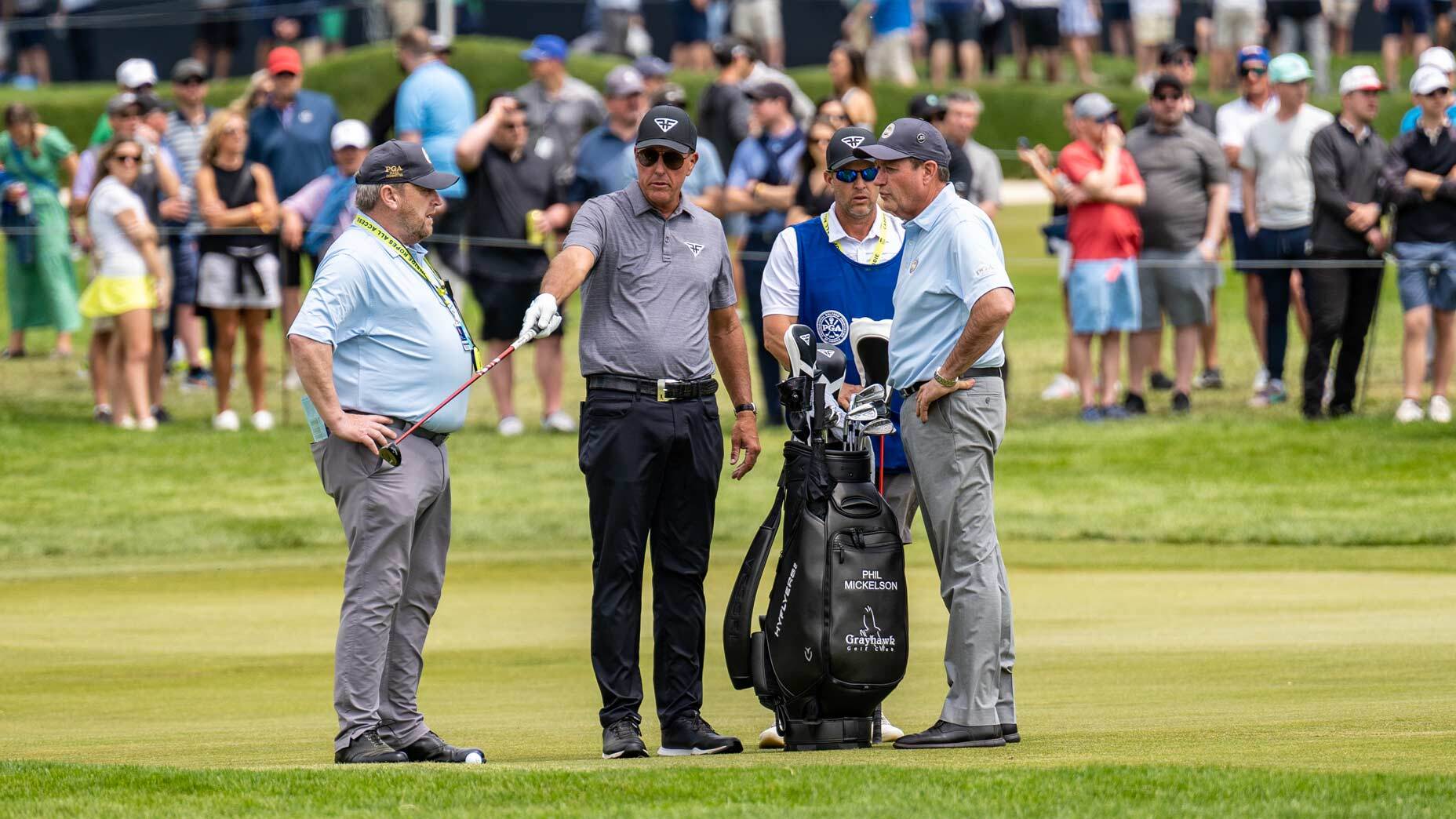PGA Tour finalizing multiple NFT programs, with guaranteed funds for top performing players
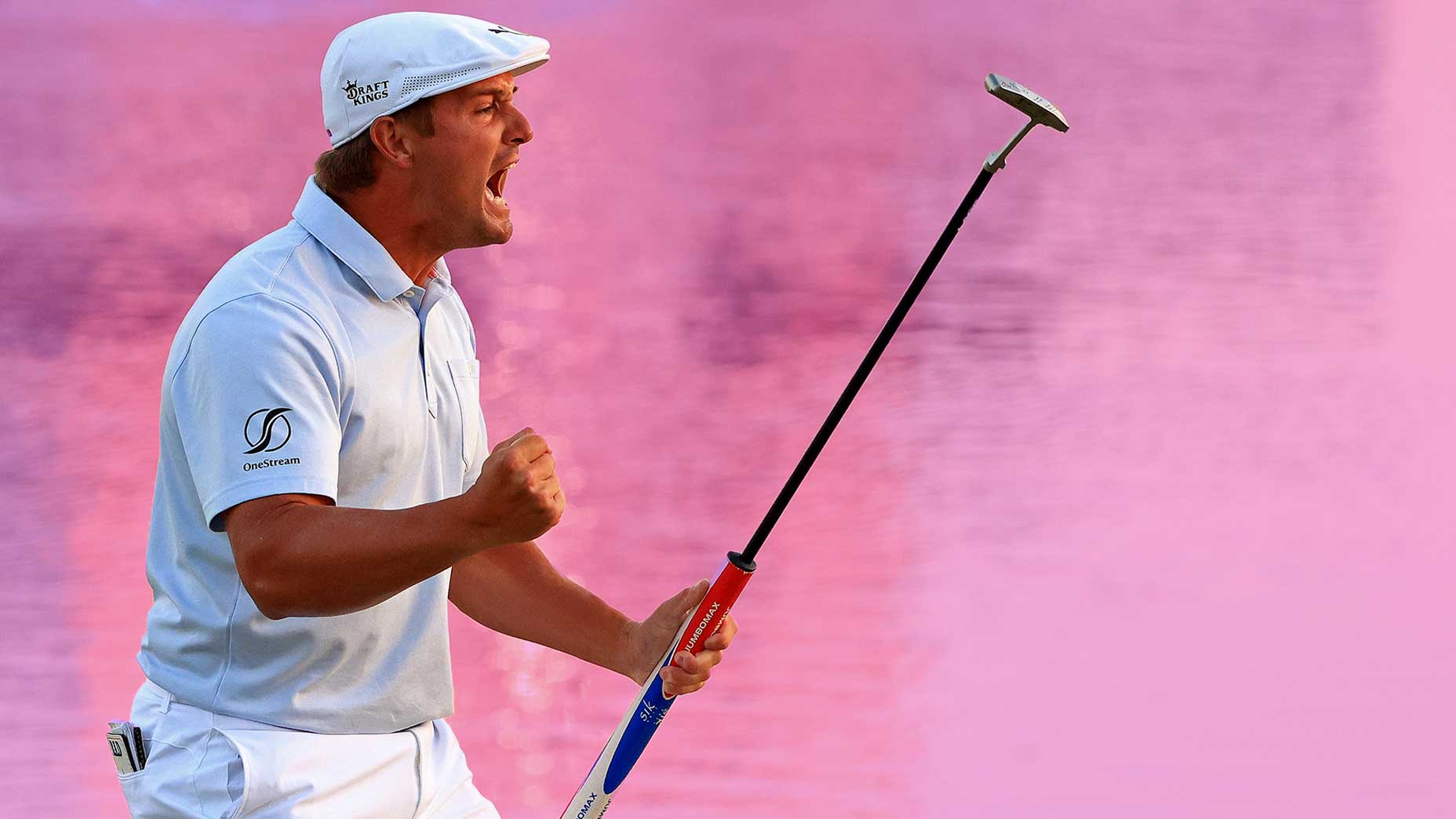
In March 2021, Bryson DeChambeau became the first PGA Tour player to launch a set of NFTs.
Getty Images
The PGA Tour will soon make a splash into the NFT world and is in the midst of finalizing partnerships with multiple NFT companies to create additional revenue streams for players. All it needs now is for a quorum of Tour players to officially pledge involvement.
The Tour notified players in December about its hunt for a suitable NFT platform, with intentions of replicating successful programs launched by other leagues. In the process of that search, it has settled on two: Autograph and Sorare. Autograph, a popular sports NFT platform co-founded by Tom Brady, will use Tour-licensed highlights, photos and data to create NFTs. Tiger Woods happens to own equity in the company and is a member of the company’s board of advisors. Sorare, a French company that specializes in a digital trading card fantasy game, will add the Tour to an already-popular platform based on professional soccer in Europe.
Unsure what an NFT is? Check out this explainer from The Verge.
Information about the deals was sent to players in an email last week, and detailed further in a newsletter shared with Tour members Monday. The last line of the newsletter section was the most important: “To be eligible for these programs, a player must opt-in.”
Players who do will be paid in two different ways for offering their name, image and likeness. First, players who qualified for the previous year’s FedEx Cup playoffs will earn an lump sum participation payment based on their performance, as follows below:
Finishers in Top 30: $50,000
Finishers 31-70: $30,000
Finishers 71-125: $20,000
In addition to that, all players, including those who finish outside the Top 125 in the FedEx Cup, will earn “pro-rata” royalty payments based on the sales performance of their NFTs and trading cards. This is where the PGA Tour programs will differ from, say, the NBA’s Top Shot or the NFL’s All-Day NFT programs. Whereas those leagues have an equal-for-everyone royalty program, as negotiated by their respective player associations, if a specific Tour player’s NFTs bring in more revenue due to higher popularity or market success, that player will earn a greater royalty.
These recent developments come just months after media rights became a hot-button topic following comments from Phil Mickelson. The 51-year-old explained to Golf Digest — while using figures that have been disputed by the Tour — that players not owning their highlights (or media rights at large) was one of his biggest issues with the organization. While the NFT programs are not in response to Mickelson, they do partly solve one of his gripes: highlights will now directly lead to more money in players’ pockets.
For years, the Tour has protected the ownership of those highlights ruthlessly and has loaned usage to them in various ways, such as commercials or media deals. But with the advent of NFTs becoming collectors’ items, the Tour told players that its programs are “designed to create incremental and perpetual royalties to players that requires little to no time commitment.” In short, sign up, we’ll take care of the rest, and you’ll get paid. As part of that, the Tour is set to have its NFT team on-site at the Wells Fargo Championship next week for any players who need additional clarity.
The remaining question is obvious: How many will sign up?
When reached for comment, one Tour agent noted he was still working through a decision with his client(s), but said that Autograph “just makes it so easy.” Indeed, Tour players opting-in with these programs would be their easiest route, though other options exist. Bryson DeChambeau went to market on the OpenSea platform with a set of his own NFTs in March 2021, but saw an underwhelming response. Tiger Woods had already issued 10,000 NFTs of his own on Autograph, before issuing even more ahead of the 2022 Masters.
Players who opt-in will still be allowed to launch NFTs of their own with other platforms; they just will not be able to use Tour-licensed visuals in that process. In other words, anyone can do exactly what Woods did himself prior to these partnerships existing. In the event of an opted-in player branching out for their own NFTs elsewhere, Autograph and Sorare would also be allowed to discontinue using a player’s “representation” on future NFTs, according to the opt-in form acquired by GOLF.com.
Sorare is a slightly different entity from Autograph, but one that reached a $4.3 billion valuation during its last round of funding in September. The gameplay is based around users collecting digital trading cards of athletes and using them in competitions. It has grown in popularity via hundreds of licensed deals with professional soccer teams, based mostly in Europe. The main difference with the PGA Tour is, during any given year, there are only between 200 and 250 card-carrying members of the PGA Tour.
Sorare users can purchase new cards or bundles of cards in an open marketplace, similar to the online marketplaces of video games like FIFA or Madden. The burgeoning soccer market at Sorare currently includes cards listed for as cheap as a few euros and as expensive as €26,000. Despite that, the game is free to play, and following along the lines of daily fantasy sports, users start and bench players within mini, weekly competitions to earn prizes as real as money, or as game-based as ultra-rare trading cards.
It remains unclear when Autograph and Sorare will officially make these Tour programs available on their platforms, but later this summer/fall is a reasonable expectation.


